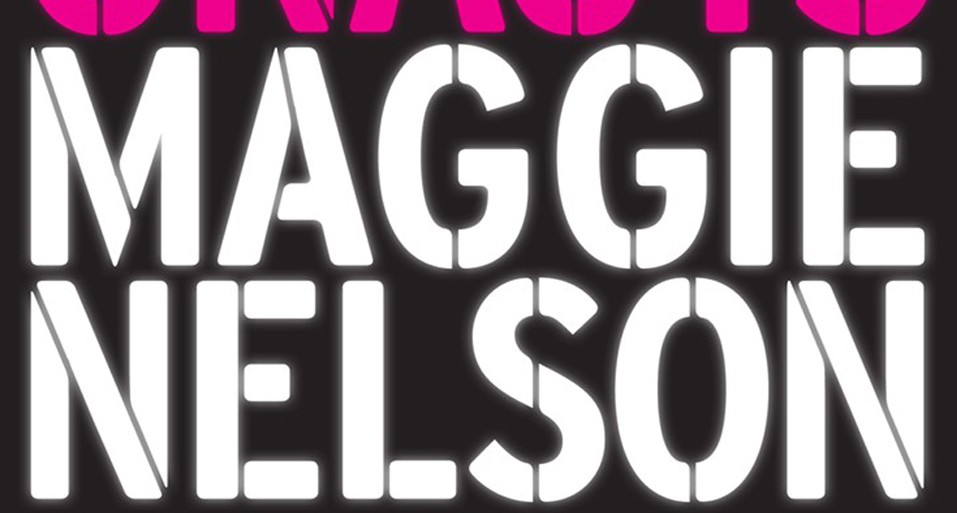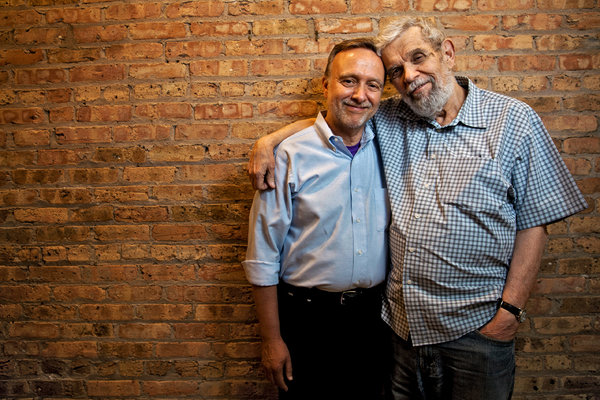“My hope is that you who read this book will enjoy yourselves and gain enough insight to able to tell others that transgenderism is not about what people see on shows like Jerry Springer.”
—Nicholas M. Teich
In Transgender 101: A Simple Guide to a Complex Issue, Nicholas M. Teich has “set out to educate people of all stripes about the basics of what it means to be a transgender person.” Labeled female at birth, he struggled with depression as he came to accept his true identity in a transphobic world. During his transitioning process, he was terminated from his volunteer position at a summer camp. In response to this discrimination, he opened the first camp for transgender youth in 2009, Camp Aranu’tiq. Throughout these experiences, Teich turned to literature to better understand himself. He quickly discovered that not a single published book provided an accessible overview of transgenderism, so he wrote one.
Jamison Green, the author of Becoming a Visible Man (www.intraspectrum-chicago.com/becoming-a-visible-man), calls Teich’s book “an invocation to empathy through reason, not emotion.” Teich intentionally constructs an academic text by including information from other prominent queer theorists to support his claims. For example, he cites Judith Halberstam of University of Southern California, the World Professional Association for Transgender Health (WPATH), and Leslie Feinberg, author of Transgender Warriors, to name a few. In this way, Teich establishes his credibility as a scholar of transgenderism. However, Teich relays their theories in layperson’s terms, so the content remains accessible for a mainstream audience. He also intersperses simple tables and thought-provoking comics to keep it reader-friendly and aesthetically pleasing.
Similar to Kelly Huegel’s GLBTQ: The Survival Guide for Gay, Lesbian, Bisexual, Transgender, and Questioning Teens, (www.intraspectrum-chicago.com/literature-october), Teich’s chapters explore central concepts within his community: what it means to be transgender; sexual orientation versus gender; coming out; transitioning; the history and evolution of transgenderism; its categorization as a mental health issue; discrimination, and lesser-known types of transgenderism such as cross-dressing and drag. He also includes a glossary of terms and a compilation of transfriendly resources in appendixes. Finally, his bibliography also directs readers to additional texts. Overall, Teich creates a compelling and informative read. In particular, his critique of the current psychological practice of diagnosing transpeople with Gender Identity Disorder reveals the work that still lies ahead for this community to be fully accepted and acknowledged as healthy, equal members of society.
The therapists at IntraSpectrum agree with Teich’s position that transgenderism is not, in and of itself, a mental illness. Furthermore, the emotional distress that transpeople oftentimes experience is a result of living in a largely transphobic society. If you are looking for a gender therapist in Chicago or a lesbian, bisexual or gay therapist in Chicago, you may want to call IntraSpectrum Counseling, where therapists are specifically trained to help members of the LGBTQI population overcome the unique obstacles they may face.





 Today, July 26th, is National Disability Independence Day. This annual commemoration marks the day in 1990 when the Americans with Disabilities Act (ADA) was signed into law. The ADA enshrined several crucial civil rights protections for individuals with disabilities, but it still falls short of its intended goals after over 30 years on the books.
Today, July 26th, is National Disability Independence Day. This annual commemoration marks the day in 1990 when the Americans with Disabilities Act (ADA) was signed into law. The ADA enshrined several crucial civil rights protections for individuals with disabilities, but it still falls short of its intended goals after over 30 years on the books.